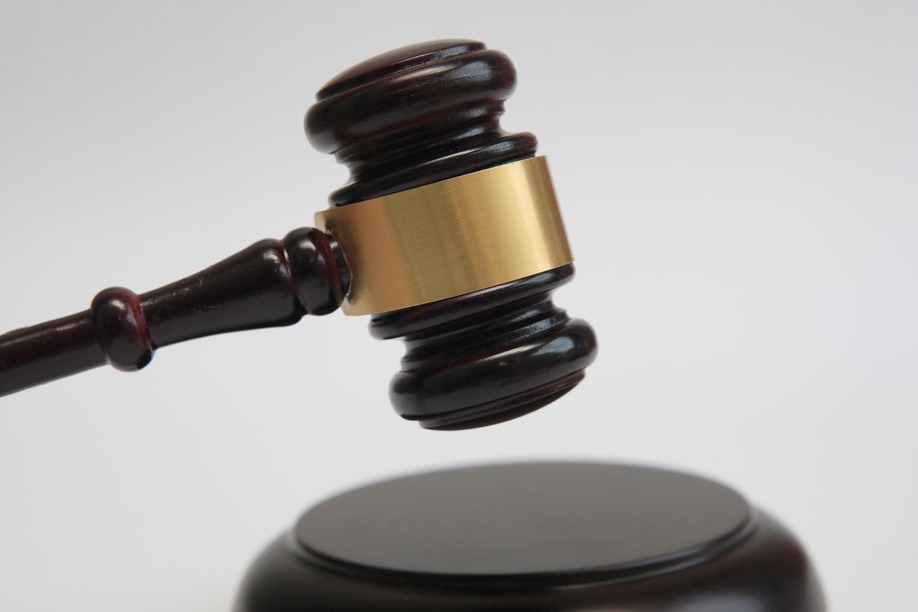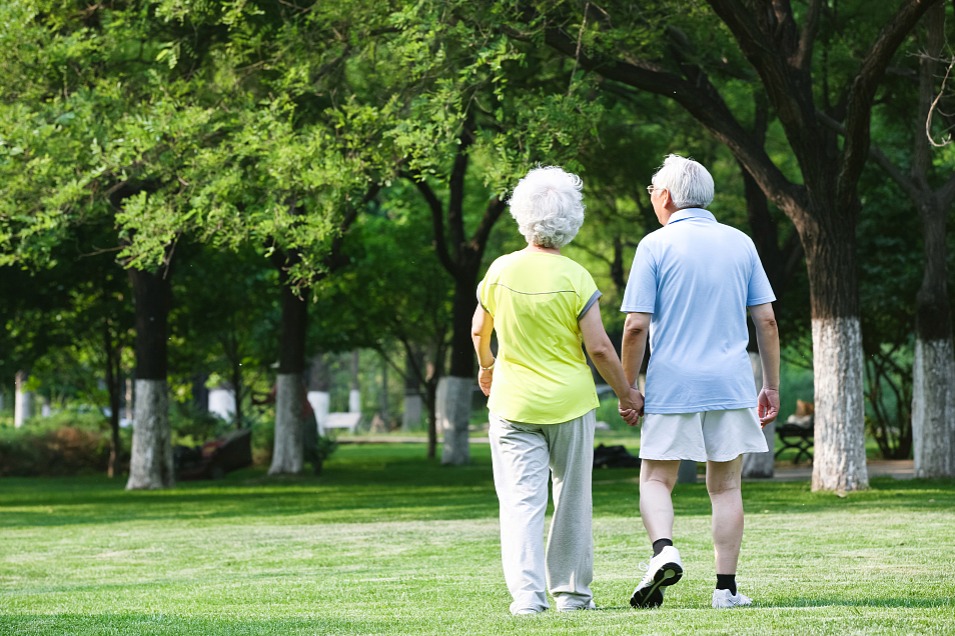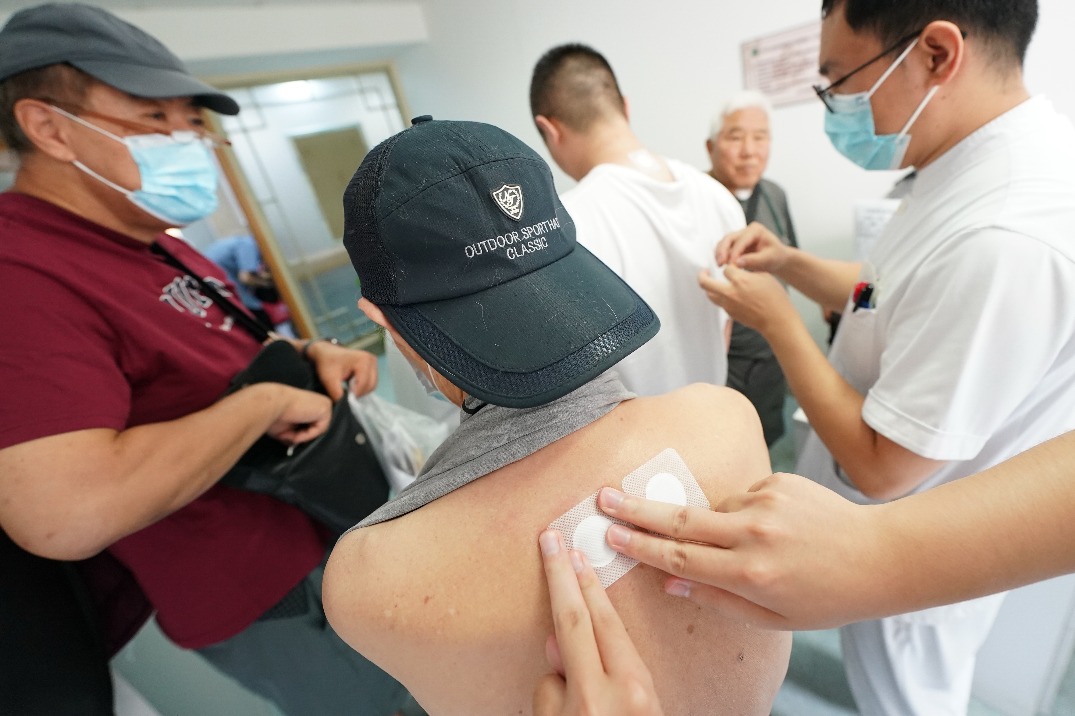Man detained for leaking deceased's private info
By Cao Yin | China Daily | Updated: 2023-12-15 09:49

The personal privacy rights of the deceased, including portraits, are protected by law, meaning they should not be abused or damaged, legal experts said on Thursday after a man was detained for leaking a deceased patient's medical records.
The man, surnamed Fu, 36, has been placed under administrative detention after he took advantage of his job in a hospital in Beijing's Shunyi district to send photos of a deceased patient's medical treatment information to WeChat groups for the purpose of showing off.
Fu's behavior has led to the spread of the deceased's private information and had a negative impact on society, said a statement posted by the Shunyi public security department on Thursday.
According to Chinese news outlets, such as China Central Television and China News Service, the patient was Kathy Chow Hoi-mei, a popular Hong Kong actress who died on Monday at the age of 57 after a prolonged illness.
Soon after her death, pictures involving Chow's personal data and her medical records, including what time she saw the doctor and her symptoms, went viral on social media, arousing public outrage.
Xu Hao, a lawyer from Beijing Jingsh Law Firm, said that personal information, health conditions and medical records are private and fully protected by Chinese law.
"The unauthorized disclosure of the medical data in Fu's case is disrespectful and a violation of Chow's privacy. Chow's family can initiate a civil lawsuit against the man who leaked the information to ask for compensation," Xu said.
Citing the Civil Code, a fundamental law for regulating civil activities, he noted that if the name, image, reputation, privacy or body of the deceased is infringed upon, his or her spouse, children or parents have the right to request the perpetrator to bear civil liability.
If the disclosure of private information is extremely serious, the perpetrator will be given a prison term ranging from three to seven years, as well as being fined, he said.
Luo Xiang, a law professor at the China University of Political Science and Law, said that disclosing the private information of the deceased can also bring harm to his or her family.
He added that nurses or doctors who infringe on patients' privacy will face warnings, or even the revocation of practice certificates in serious circumstances.
























